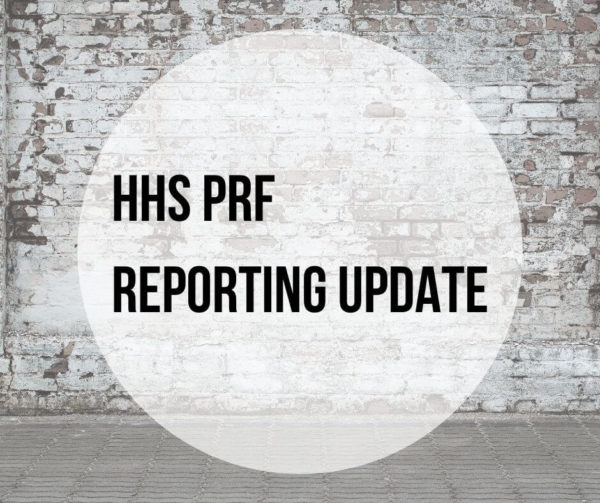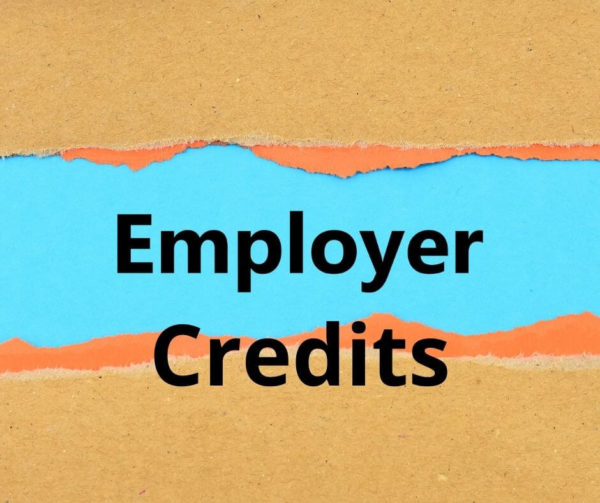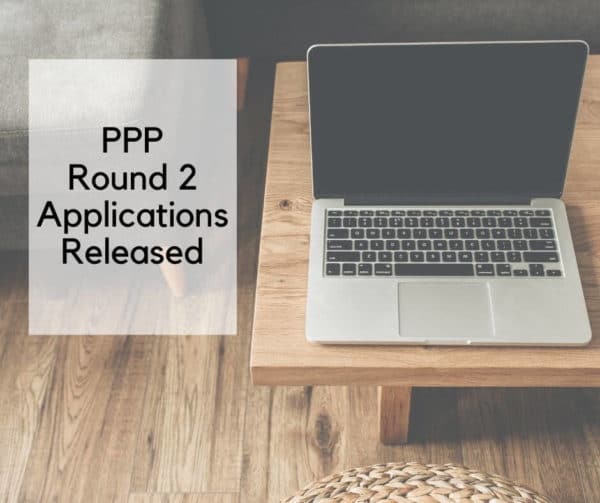As you likely have heard, several states’ dental associations have recommended that dental practices suspend operations for elective and non-urgent care for the next few weeks. Among these are California and Massachusetts—states hit particularly hard with Covid-19. Other states are likely to follow but nothing is a certainty in this matter and details are changing by the minute. Because of the rapidly changing environment, it would be impossible at this point to correctly anticipate whether the recommendations will be made in Texas, or for how long they may be suggested.
The government is actively seeking ways to relieve the economic cost this will have to your business. But whether they will significantly ease the blow of a recommended shutdown is too early to know. A bill has passed the house and is making its way through the senate that would offer a payroll tax credit against sick leave you pay to your employees. However, if you do not pay for sick days, or you do not have employees who have been out sick or with sick children, this will not offer much relief.
The biggest concern you are likely facing related to a possible temporary practice closure is how to pay or retain your employees. Many offices do not have the resources to continue to pay staff and overhead without normal incoming revenues but want to make sure the team members are taken care of. The first recommendation is to have a bank Line of Credit in place. A line of credit (LOC) is designated by your banker to be used in difficult financial times. Now is the time to make sure your LOC is in place. If you don’t have a LOC we are happy to help you with that process, if needed.
Unemployment benefits are another option that may help to supplement your staff’s income to some degree. There are several things to note regarding unemployment benefits for your staff based on the rules currently in place. Please note the information here applies specifically to Texas and each state has its own rules. This is an area where economic or tax relief could potentially be extended at some point in the future, but nothing is yet on the horizon. Keep in mind, any unemployment benefits received by your staff will eventually raise your unemployment tax rate if no relief provision is implemented.
- A temporary layoff is one where staff is let go temporarily and there is a specified return to work date. In this case the staff member does not have to seek other employment which is normally a requirement of receiving unemployment benefits. Whether a staff member is eligible to receive benefits depends on their individual circumstances and their work history during a specified period of time. Additionally, unemployment payments generally will not begin for approximately 4 weeks. Any work performed during the layoff period will reduce or eliminate the amount of benefits they may receive.
- Another, and possibly better option, is to move to a Shared Work program. Shared Work is where staff hours are reduced by at least 10% but not more than 40% from their normal weekly amounts for at least 10% of your staff. Employees who qualify will receive both wages and Shared Work unemployment benefits, which serves to supplement the reduced wages. They are not required to look for other work during the program and there is a shorter waiting time to receive benefits. An application process is required if you choose to go this route.
For now, the closure of dental offices in Texas has not been recommended and staff concerns may remain theoretical. As we continue to learn of developments, we will be ready to help you meet whatever new challenge arises.
Our firm is a member of the Academy of Dental CPAs which has allowed us to establish professional relationships with the thought leaders in Dentistry. One of those leaders is Tim Twigg, President and Owner of Bent Ericksen & Assoc., an employment law firm. Below is a link to Tim’s website, that may answer many of your Covid-19 questions related to staffing issues.




